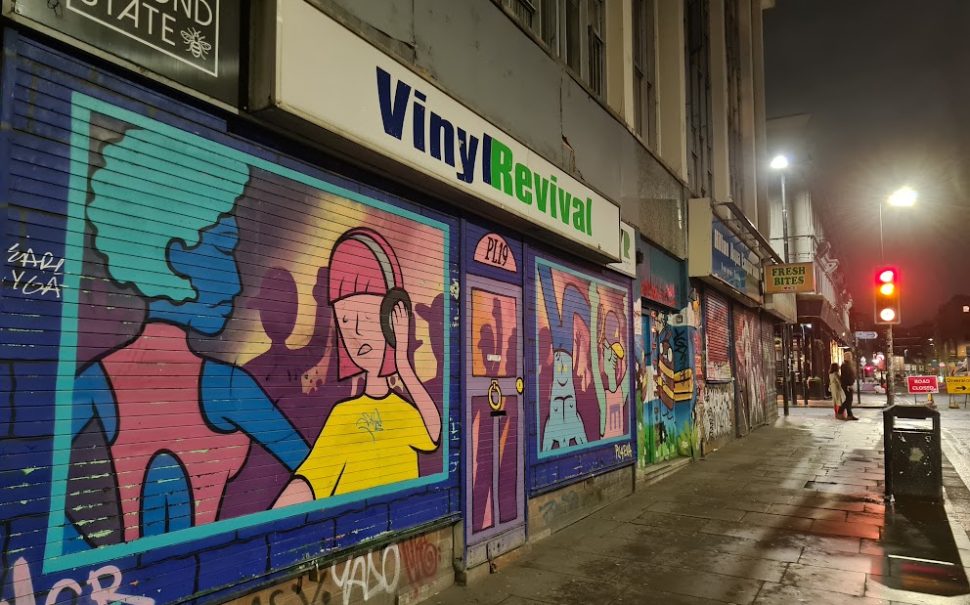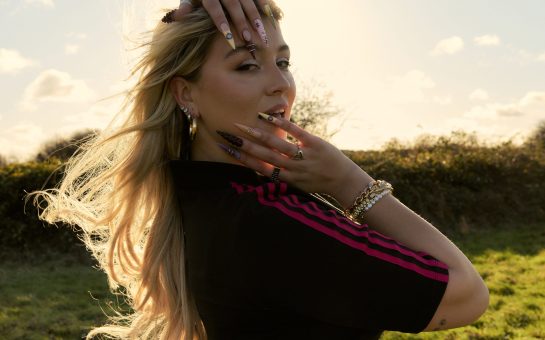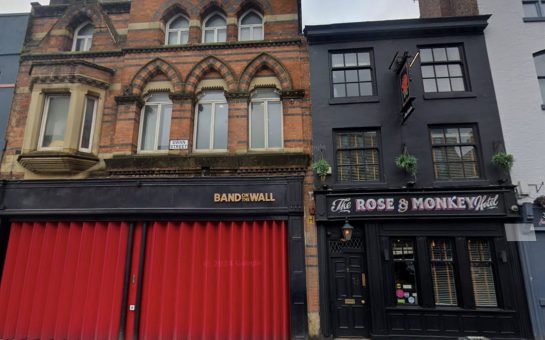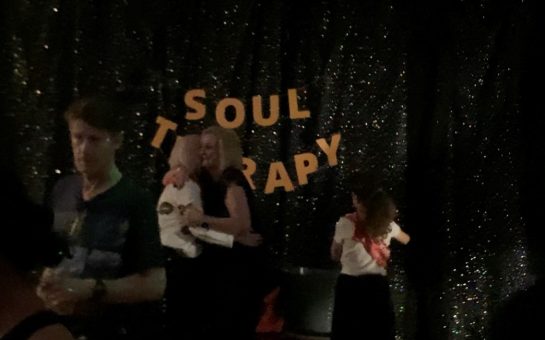As thousands flocked to their local independent record stores for Record Store Day, it was clearer than ever reports years ago of the music format’s death had been greatly exaggerated.
Not only did vinyl outsell CDs in 2022 for the first time since 1987, with £150.5m of sales to £124m, but vinyl is now the UK’s second best-selling physical entertainment format, according to statistics released by The Digital Entertainment and Retail Association.
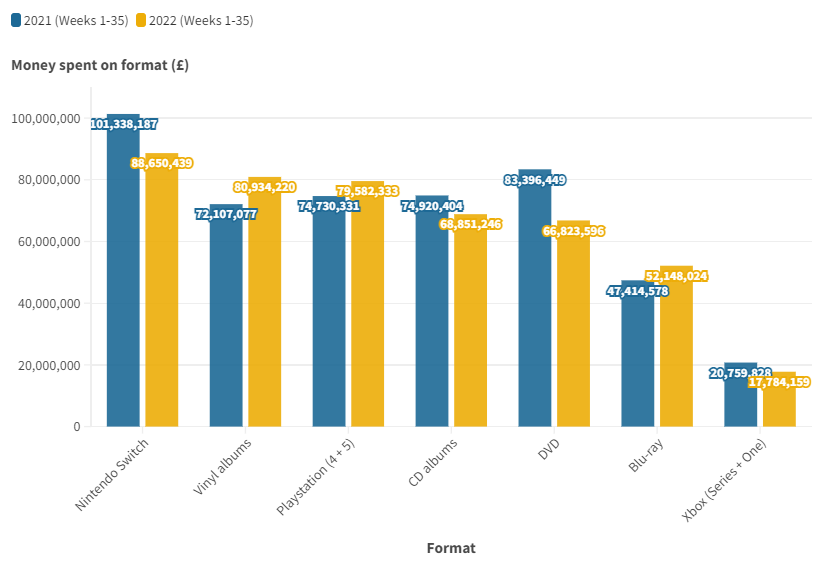
But whilst Record Store Day has brought an influx of customers to independent stores each year since its inception in 2008, Colin White, owner of Vinyl Revival on Hilton Street in Manchester, said the suggestion records were ever in real danger without it never made sense to him.
He said: “It’s the indie record shops that kept vinyl going.
“It’s never gone away: second hand record shops have survived and a lot of independent artists – Oasis were a good example – in the 90s when the major labels were all pushing CDs, they insisted their releases came out on vinyl.”
But he has noticed a change in recent times.
“We’ve had to diversify: CDs have bottomed out, there’s been a dramatic drop in sales,” he said.
“We’ve reduced probably three racks over the last five years – they still trickle out, but vinyl does outsell them, especially the new stuff.”
He described his relationship with Record Store Day as “love/hate”, saying whilst it brings people to his shop, the original meaning has been somewhat lost due to major labels raising the prices far higher than they need to.
“A perfect example is Taylor Swift: her RSD release is a demos album and it’s £52,” he said.
“A lot of shops will say the same, we just think it’s unfair – the major labels have hijacked Record Store Day now.”
While yearly unit sales of vinyl increased from 5.6m to 5.8m in 2022, with Swift’s Midnights and Harry Styles’ Harry’s House the biggest sellers, vinyl’s overall market value has seen a monumental increase in the last decade, from £14.7m in 2013 to £150.5m in 2022.
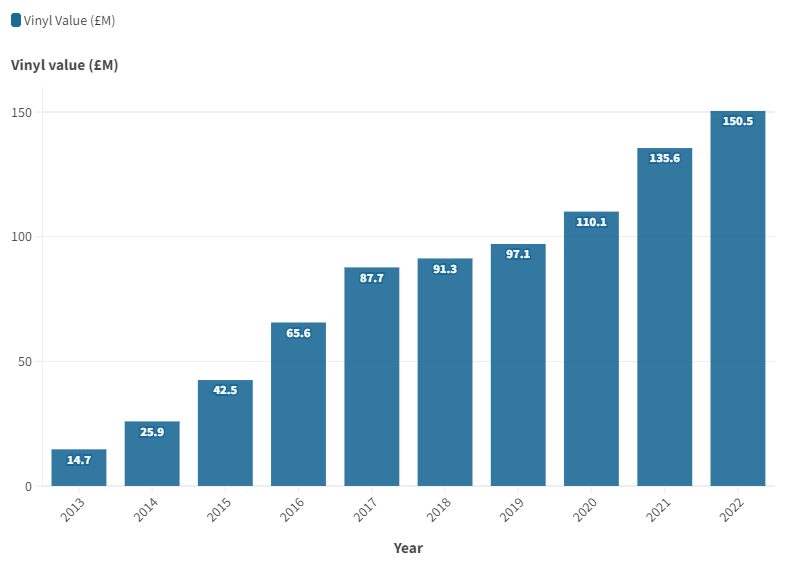
And the market has reacted to this trend, with the average cost of an LP up 20% from £21.62 in 2020 to £26.01 in 2022.
For Colin, whose shop is the only one in Manchester to run its own record label with a new release most Record Store Days, the danger is that the industry forgets the independent shops and labels that kept it going in the first place.
“For RSD to continue, there’s got to be some meeting with independents and major labels,” he said.
And as a proud independent record shop owner for 25 years, he’s under no illusions about what will happen if the independents drop out completely.
He added: “If we stop doing Record Store Day, they’ll just let HMV do it instead.”
